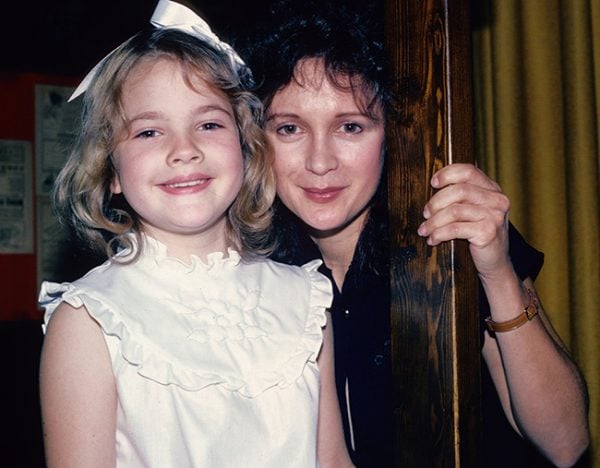“Family is family but sometimes they hurt you. They don’t mean to but they can.” These are words spoken by a woman who, from a young age, had very few and very stark options in the people who surrounded her.
Former US pop singer Tiffany Darwish, now appearing on I’m a Celebrity… Get me Out of Here!, spoke of being forced to file for emancipation from her mother at 16. She said her mum had problems with alcohol and was incapable of managing her career.
When Darwish left the apartment where her mother and sisters were living in Los Angeles, the police department declared her a runaway and released an alert to the public.
Darwish, who rose to fame rapidly in 1987 following the release of an album and a nationwide tour of shopping malls, was 16 and living with her grandmother awaiting the Supreme Court’s decision regarding her emancipation.
She refused to take interviews at the time but on Tuesday night, speaking on I’m a Celebrity… Get me Out of Here!, the 46-year-old said the media made it seem as if “I hated her”.
“My mum was trying to get sober, and I’m having to record and being told I had to make a choice at 14 or 15. The choice was: you either be like them or cut them loose,” Darwish said on the show. “All I said was, ‘I want to go live with my grandma’. But my mum depended on me and wouldn’t let me go. So I had to go to court.”
“It came out that I hated her… I was getting too big for my britches, and then the alcoholism came out, too. It was not my intention, it was a mess.”


